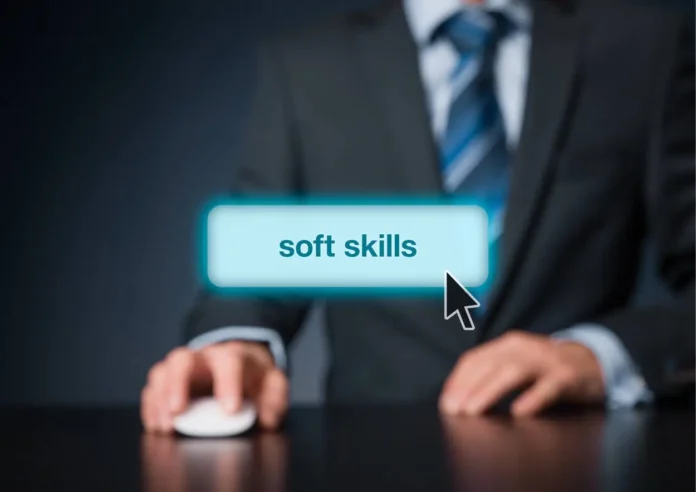One such innovation that has gained significant traction in recent years is Virtual Reality (VR). While its applications span various industries, the benefits of VR soft skills training have proven particularly promising, especially when cultivating these skills among the Gen Z workforce. HighlightsThe rise of VR in training and developmentThe benefits of VR soft skills...
RELATED ARTICLES
© NewInAsia.com 2025








